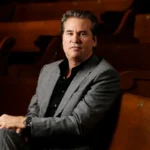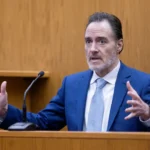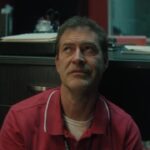Where Are the Gladbeck Reporters ‘Peter Meyer’ and ‘Udo Röbel’ Today? – Hans-Jürgen Rösner and Dieter Degowski went on a tense rampage in August 1988, seizing multiple hostages and travelling through several cities. While the authorities continued to negotiate, the media appeared to overstep their bounds in a first-of-its-kind circumstance. The outlaws were then interviewed, with one of them even holding a gun to the head of a hostage while answering questions.
‘Gladbeck: The Hostage Crisis,’ a Netflix documentary, explores this case entirely through historical news footage. Two of these reporters, Peter Meyer and Udo Röbel, appeared to have struck up a connection with the offenders, leading to long chats with them. So, if you’re curious about what happened with Peter Meyer and Udo Röbel and what both of them are doing today, keep reading below.
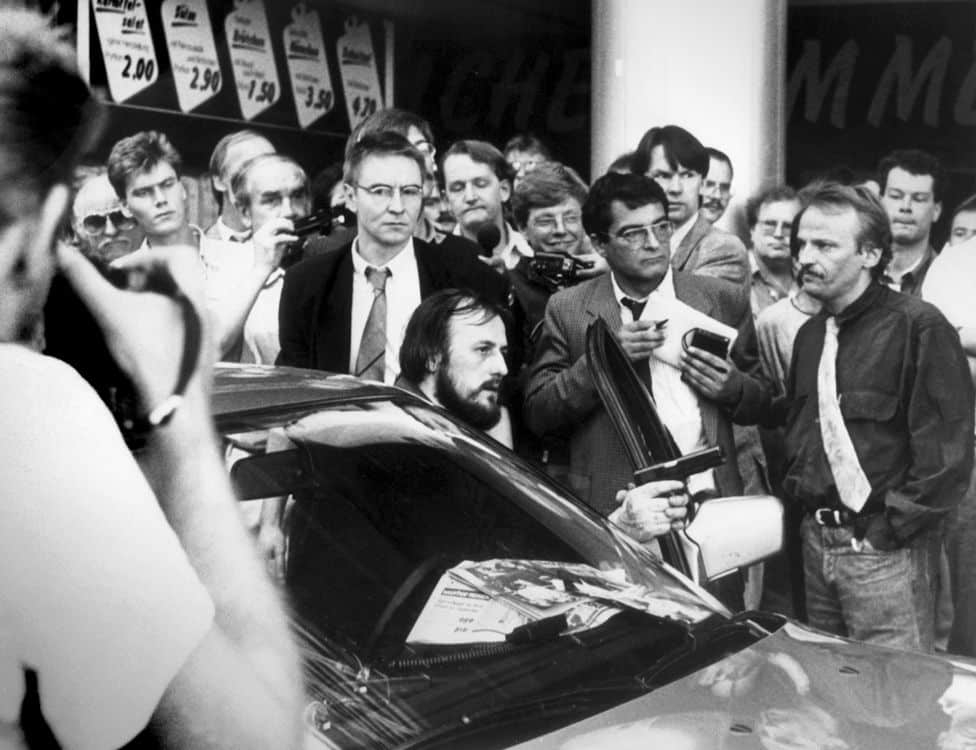
Peter Meyer and Udo Röbel: Who Are They?
Hans and Dieter took two hostages from a bank in Gladbeck, Germany, on August 16, 1988. The next day, they arrived in Bremen, Germany, and eventually seized a bus full of passengers. Reporters surrounded the location, including Peter Meyer, a photographer for the Associated Press at the time.
Peter Meyer (*1950), a photographer for the Associated Press, is based in Hamburg. When Rösner and Degowski kidnap the bus in Bremen-Huckelriede, Meyer is present. Rösner gives him a friendly wave. “He has a gun, so why should he kill me?” says the narrator. Meyer mulls over his decision and accepts the invitation. Meyer becomes the go-between for the overworked criminals and the overburdened cops. That will come back to haunt him later. Meyer explains, “I was attempting to salvage something.” He arranges for many police officers to participate in the bargaining session. However, the call is ignored, and the criminals lose patience and drive away. Destiny has its own agenda.
According to the documentary, Peter was photographing the bus when he was invited to come over. The outlaws then presented the police with a list of demands to be fulfilled.
The hostage-takers demanded an un-bugged car and a police officer with his hands behind his back. They planned to release the captives if the demands were met. Peter acted as a mediator between the police and the criminals, seeking to de-escalate the situation. He even gave Hans and the rest his phone number so they could talk to the cops. But that failed, and the group was forced to board the bus with all of the hostages. Marion Löblich, Hans’ girlfriend, had joined them by then.
The bus then proceeded to the Netherlands, where the majority of the captives were freed. Then, in a getaway car, the trio grabbed on to two young girls and travelled to Cologne, Germany. They were parked in the street as the crowd began to surge around them.
Udo Röbel is a German journalist and author who was born on January 20, 1950 in Neustadt a der Weinstrasse. His professional role in the Kießling case (1984) and the Gladbeck hostage situation made him a household name (1988).
Only over breakfast that day did Udo, then the deputy editor of Express in Cologne, realise how much the hostage situation had escalated. He went straight to work, and when he found out the automobile was in Cologne, he dashed down the street.

Udo persisted and looked to be building a connection with the hostage-takers. He was 39 years old at the time, and he quickly saw things were about to go awry. “We’ve got to get out of here now,” Hans said to Udo. My pal is on the verge of losing it.” He had to make a choice at that point. “I had the sensation that I had been assigned responsibility for a situation that was getting less and less manageable,” Udo later said. But I also had the instinct of a reporter, saying, ‘I want this story.’ ‘This is my property.’
As a result, Udo climbed into the car and drove them onto the highway. He spent forty minutes with them. During that time, Udo attempted to speak with the trio in the hopes of obtaining any information. He was convinced that the car had been tampered with. With a gun aimed at him, Dieter hastily shut it off. Udo was dropped off at a gas station when they came to a halt. This occurred shortly before investigators ambushed the getaway vehicle and apprehended the perpetrators.
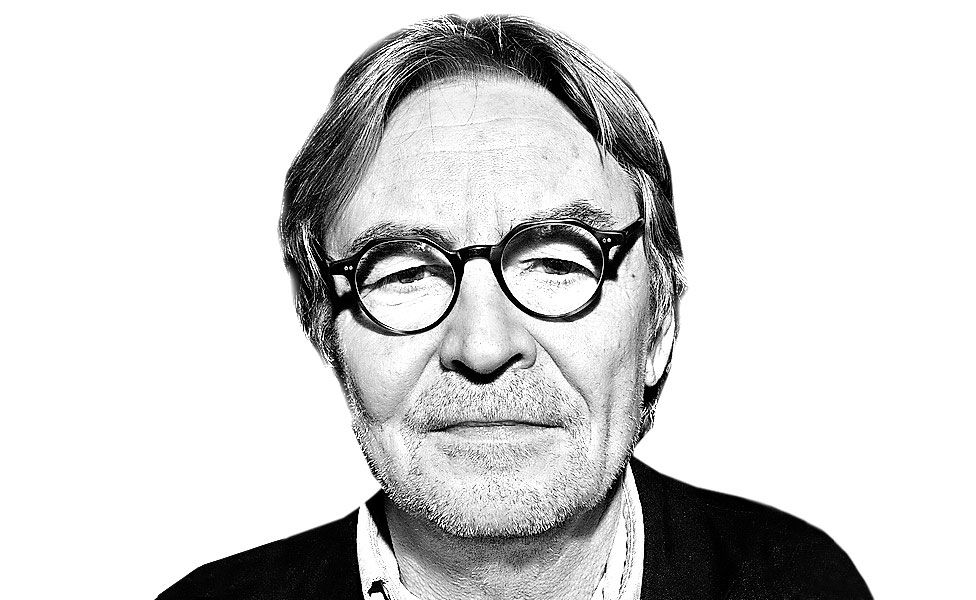
What Has Happened to Peter Meyer and Udo Röbel?
Later, Peter claimed that how close the press and the general public were allowed to get was astounding. Peter was later chastised for his conduct, but he insisted that he was only trying to help. He now resides and works in Hamburg, Germany. “Gladbeck was a completely new circumstance for the police, as well as a completely new one for the media,” Udo remarked.
“If it happened today,” Udo continued, “every journalist would have to pause for a moment and say, ‘Hang on, there are some lines I must not cross.'” In the end, he decided the criticism leveled at the reporters was justified. In an article, he also regretted exploiting Silke Biscoff’s final moments (she was one of the hostages in the car that was killed during the ambush).
As a result of what happened, the way the press handled such incidents changed dramatically. Reporters are no longer permitted to speak with perpetrators while the crime is being committed. Udo received a job offer from Bild am Sonntag, a prominent German tabloid, in 1989. Later on, he became the editor-in-chief of Bild, a sibling publication. Udo still resides in Germany and spends his free time listening to metal and rock music.
Stream ‘Gladbeck: The Hostage Crisis’ on Netflix with subscription.



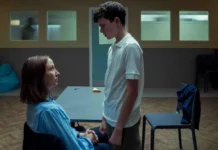
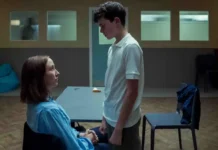
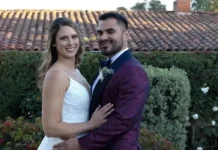
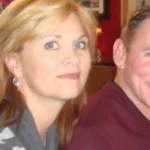
![Is Jimmy Keene Married or Not? Where is His Family Now? [Updated] Is Jimmy Keene Married](https://spikytv.com/wp-content/uploads/2022/07/Is-Jimmy-Keene-Married-150x150.jpg)
